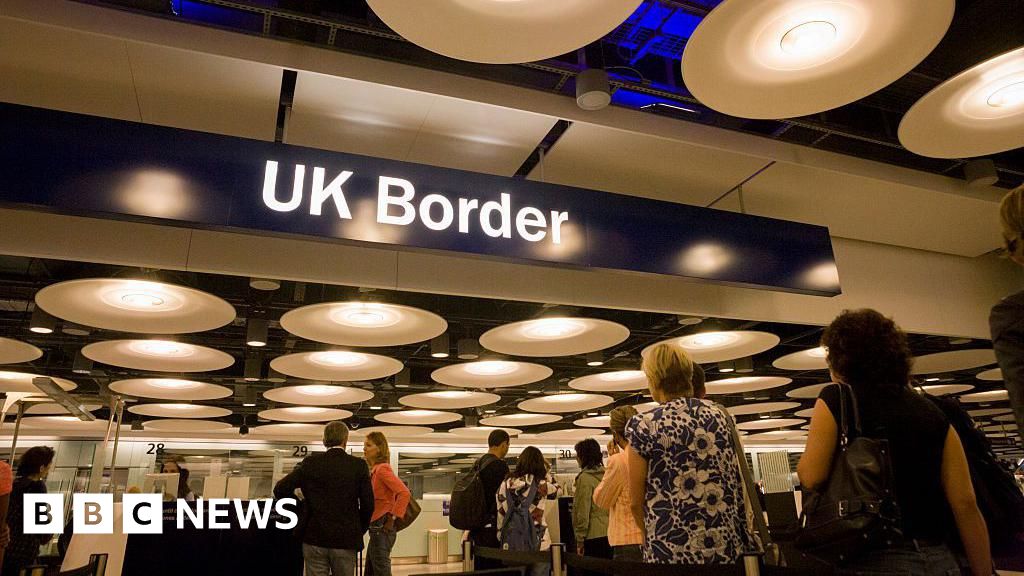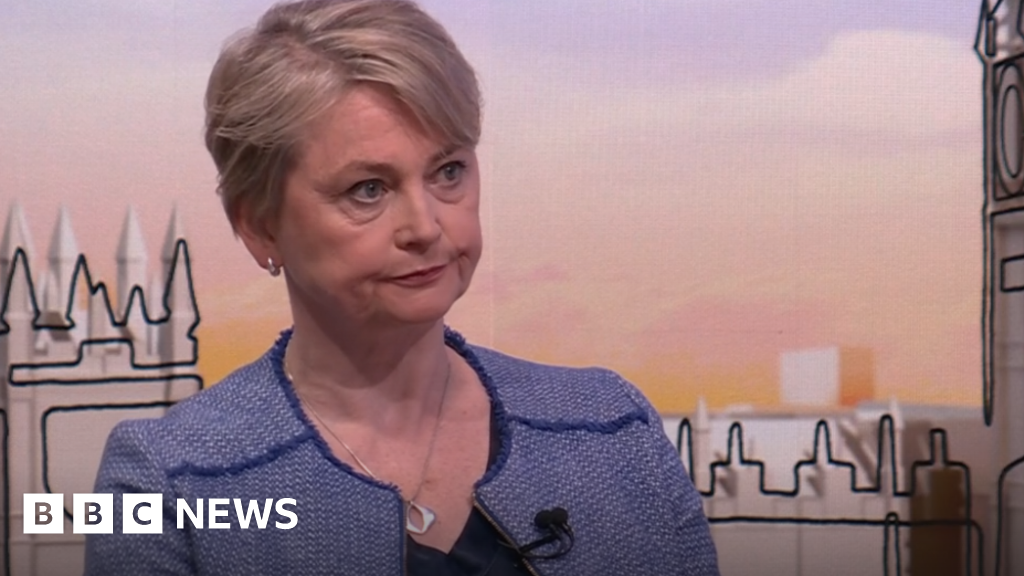ARTICLE AD BOX
By Larissa Kennelly
BBC News
Image source, Getty Images
Image caption,Rachel (not pictured) has struggled to find a new home after she was given notice
"I got an email to say she was serving us notice… I was quite upset, quite emotional, it was panic mode."
Rachel, her partner and her adult daughter had lived in their rented home in east London since August 2019.
But after struggling financially during the Covid pandemic, her landlord told them they would have to leave.
The government introduced a ban on evictions in March 2020 to protect renters during the pandemic, but this was lifted in May 2021.
Now government figures show that repossession claims by private landlords are returning to pre-pandemic levels.
Figures show a total of 9,410 court claims against tenants were made in the final quarter of 2021, compared with 9,676 in the same period in 2019.
'No fault' eviction
"We were shocked," Rachel said. "The landlord had told us that the last tenant had been there eight years and that is what she wanted from the tenancy. Her vision matched ours in that respect."
The eviction notice from her landlord was under Section 21 - a "no fault" eviction where no reason needs to be given for the decision.
"She said it was within her rights not to give a reason why. She wanted to rethink being a landlord… it was pretty vague in that respect," Rachel said.
"I had to think about where I was going to live during a pandemic, I didn't know how I was going to navigate this."
During the pandemic, Rachel had agreed an adjusted payment plan with her landlord to help meet the rent while her partner was furloughed.
But the approaching eviction now meant trying to save a second deposit while still paying rent, a situation that led to her falling into arrears.
"I can't move into another property without a deposit and [the landlord] has that deposit, so I'm not actually in the same place as I was when I moved in. There was a lot of panic."
When she first spoke to the BBC, they were facing eviction within a matter of days - and still did not know where they were going to live.
Rachel told the BBC she would only be able to afford to live out of a hotel for two weeks
"I had organised for a removal man to remove all my stuff and put it into storage and me and my partner were going to go and stay in a Travelodge. [But] what I was finding is that three days are £215."
According to research by polling company YouGov, carried out on behalf of housing charity Shelter, nearly half of the 3,642 private renters surveyed were worried about becoming homeless due to the impact of rising living costs, with one in six saying they had fallen behind on energy bills in the past month.
'Barely hanging on'
The government created a £65m Rent Arrears Fund to support struggling renters in October 2021.
But there have been hold-ups in getting the money to tenants, according to information from councils obtained by The Sun.
The National Residential Landlords Association told the BBC that "the best way to sustain tenancies is to ensure tenants have the funds they need to pay their rents".
But Shelter's director of campaigns Osama Bhutta warned that the fund would "not be enough to protect every family who is barely hanging on to their home" and called on the government to provide further support.
The government said that, in addition to the Rent Arrears Fund, it is "making £316m available next financial year to prevent homelessness, as well as ending section 21 no-fault evictions".
"We also recognise people are facing pressures with the cost of living, which is why we are providing support worth around £12 billion this financial year and next," a spokesperson for the Department of Levelling Up, Housing and Communities.
On the day of her eviction, the BBC spoke to Rachel again.
She had been told just the day before that her local council had not yet been able to find her emergency accommodation, and so she and her family would have to move into the Travelodge.
"At this point in the month, I'd say we can afford maximum two weeks," she said.
"I'm trying not to take it in, I'm going through the motions of what needs to be done.
"It doesn't feel real. It feels like everyone is living life, in the real sense of the word, and you're kind of looking at them through a bubble."

 3 years ago
75
3 years ago
75








 English (US) ·
English (US) ·